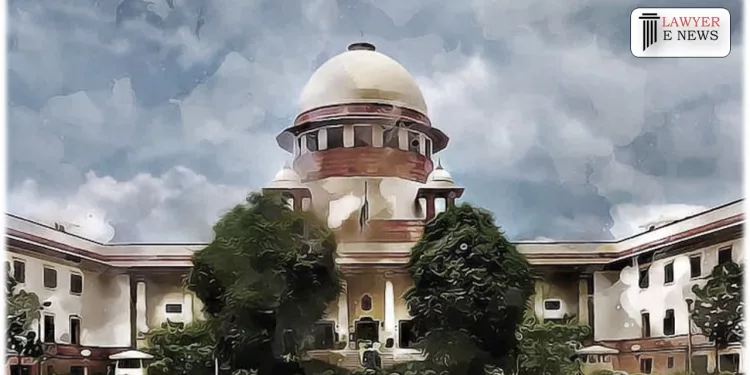“Supreme Court Sets Precedent: Ex Parte Decree Set Aside on Grounds of Procedural Error”

In a landmark judgment, the Supreme Court of India, comprising a bench led by Justice Vikram Nath and Justice Ahsanuddin Amanullah, ruled in favor of setting aside an ex parte decree due to a procedural error. The case, arising from Civil Appeal No. [Civil Appeal No.], involved Y.P. Lele as the appellant and Maharashtra State Electricity Distribution Company Ltd. & Others as respondents. The appellant challenged the judgment of the Bombay High Court dated 27.06.2018 in Civil Writ Petition No. 1488 of 2015, which upheld the ex parte decree.
The core issue in this case revolved around the interpretation of Order XVII Rule 2 CPC and its explanation, as well as the validity of setting aside an ex parte decree under Order IX Rule 13 CPC. The appellant argued that the High Court had incorrectly applied the explanation to Order XVII Rule 2 CPC, as it only pertains to a party that has led evidence or substantial evidence and has subsequently failed to appear. In this case, the appellant contended that the defendant had not presented any evidence, making the explanation inapplicable.
Justice Vikram Nath, writing the judgment, noted that the Trial Court’s order dated 04.12.2004 decreed the suit ex parte after the plaintiff’s evidence had concluded and the defendant had failed to appear. This led the Court to conclude that the explanation to Order XVII Rule 2 CPC was wrongly invoked, resulting in an erroneous application of the law by the High Court. The Court held that the High Court should not have interfered with the Trial Court’s order, which aimed to provide both parties with opportunities for a fair trial.
The Supreme Court’s verdict set aside the High Court’s order, directing the Trial Court to proceed with the case on its merits and affording both parties due opportunities. Furthermore, the Court addressed the amount deposited by the appellant, outlining that 20% of the suit claim, along with interest accrued, should be retained by the Trial Court and invested in a Fixed Deposit, while 30% should be returned to the appellant. The Court emphasized that the interpretation of the relevant rules was crucial for upholding the principles of justice.
The judgment has significant implications for cases involving ex parte decrees and underscores the importance of correctly applying procedural rules to ensure fair trials. This ruling serves as a precedent for future cases in similar circumstances, highlighting the Supreme Court’s commitment to upholding due process and protecting the rights of all parties involved in legal proceedings.
Date of Decision: August 16, 2023
Y.P. LELE vs MAHARASHTRA STATE ELECTRICITY DISTRIBUTION COMPANY LTD. & Ors.






